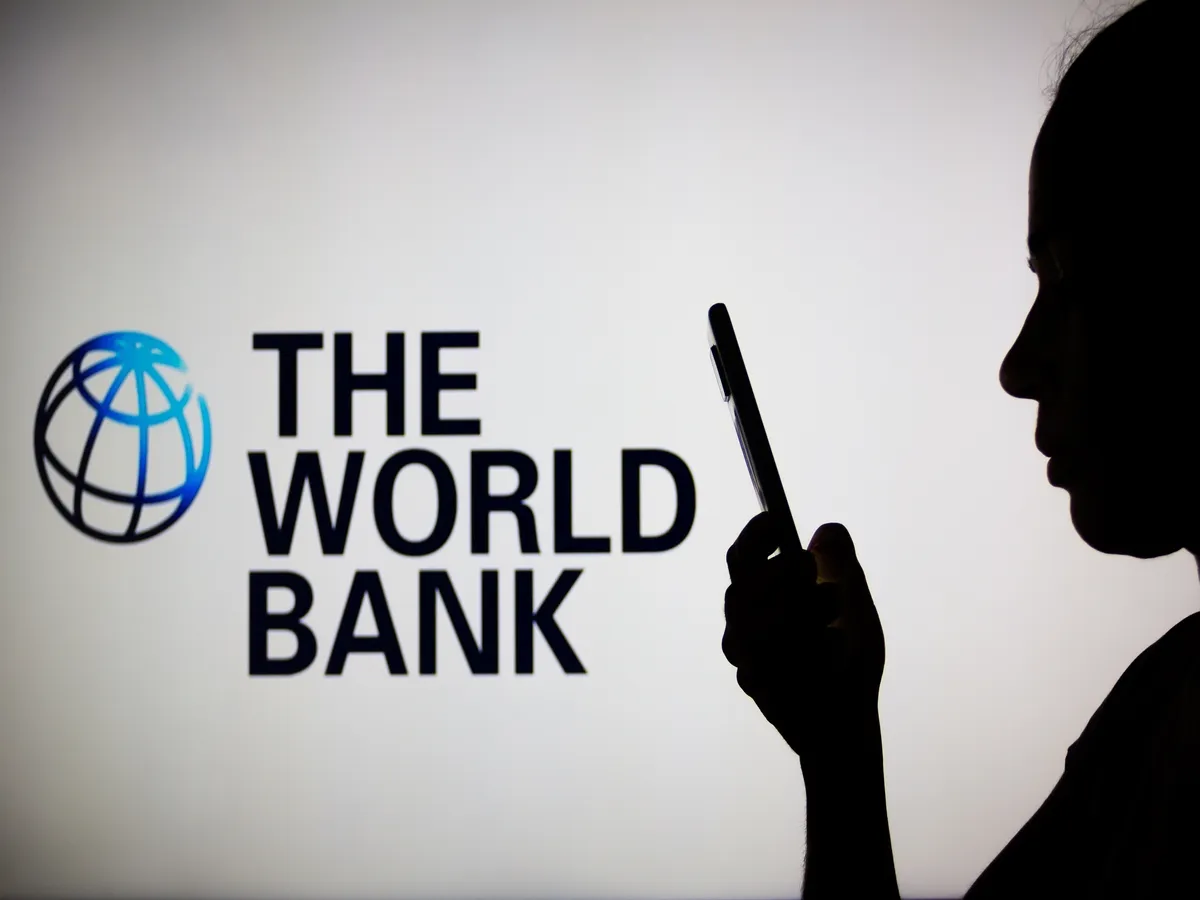Business News
World Bank raises India’s FY26 GDP forecast to 6.5%, downgrades FY27 on US tariff risks
.png)
2 min read | Updated on October 07, 2025, 13:46 IST
SUMMARY
The World Bank has raised India’s GDP growth forecast for FY26 to 6.5% from 6.3%, driven by strong domestic demand, resilient consumption, and robust investment.

India is projected to remain the world’s fastest-growing major economy, supported by agricultural gains, rural wage growth, GST reforms, and public infrastructure investment.
The World Bank on Tuesday raised India’s GDP growth forecast for FY26 to 6.5% from 6.3% earlier, citing robust domestic demand, resilient consumption, and strong investment momentum.
However, it lowered the projection for FY27 to 6.3%, warning that higher US tariffs on Indian exports could weigh on growth.
In its latest South Asia Development Update, the World Bank said India will remain the world’s fastest-growing major economy, underpinned by continued strength in consumption growth and supportive government reforms.
“Domestic conditions, particularly agricultural output and rural wage growth, have been better than expected,” the report said. “The government’s reforms to the Goods and Services Tax (GST)—reducing the number of tax brackets and simplifying compliance—are expected to support activity.”
The World Bank, however, flagged the impact of a 50% tariff imposed by the United States on nearly three-quarters of India’s goods exports, which account for about one-fifth of India’s total exports and roughly 2% of GDP.
“The forecast for FY26/27 has been downgraded as a result of the imposition of a 50% tariff on about three-quarters of India’s goods exports to the United States,” the report said, adding that India had initially been expected to face lower tariffs than its competitors earlier this year.
Real GDP growth in India exceeded expectations in the April–June quarter of 2025, accelerating to 7.8% year-on-year. The growth, according to the World Bank report, was driven by strong private consumption and investment and boosted by lower-than-expected prices.
The multilateral lender highlighted that lower-than-expected inflation and continued public infrastructure spending have kept investment growth robust.
The World Bank projected South Asia’s growth to slow from 6.6% in 2025 to 5.8% in 2026, as India and its neighbours contend with the unwinding of earlier investment gains and rising trade barriers.
Despite the moderation, the region is expected to remain the fastest-growing among emerging markets and developing economies.
The report also cautioned that risks to South Asia’s outlook remain elevated due to high debt levels, low foreign exchange buffers, domestic unrest and geopolitical tensions.
The region has faced several public uprisings, such as those that led to the collapse of the government in Nepal in September, in Bangladesh in 2024, and in Sri Lanka in 2022.
“With continued trade tensions, weak global trade and investment could lead to a period of slow global growth, which could spill over to South Asia,” it said.
By signing up you agree to Upstox’s Terms & Conditions
About The Author
Next Story

